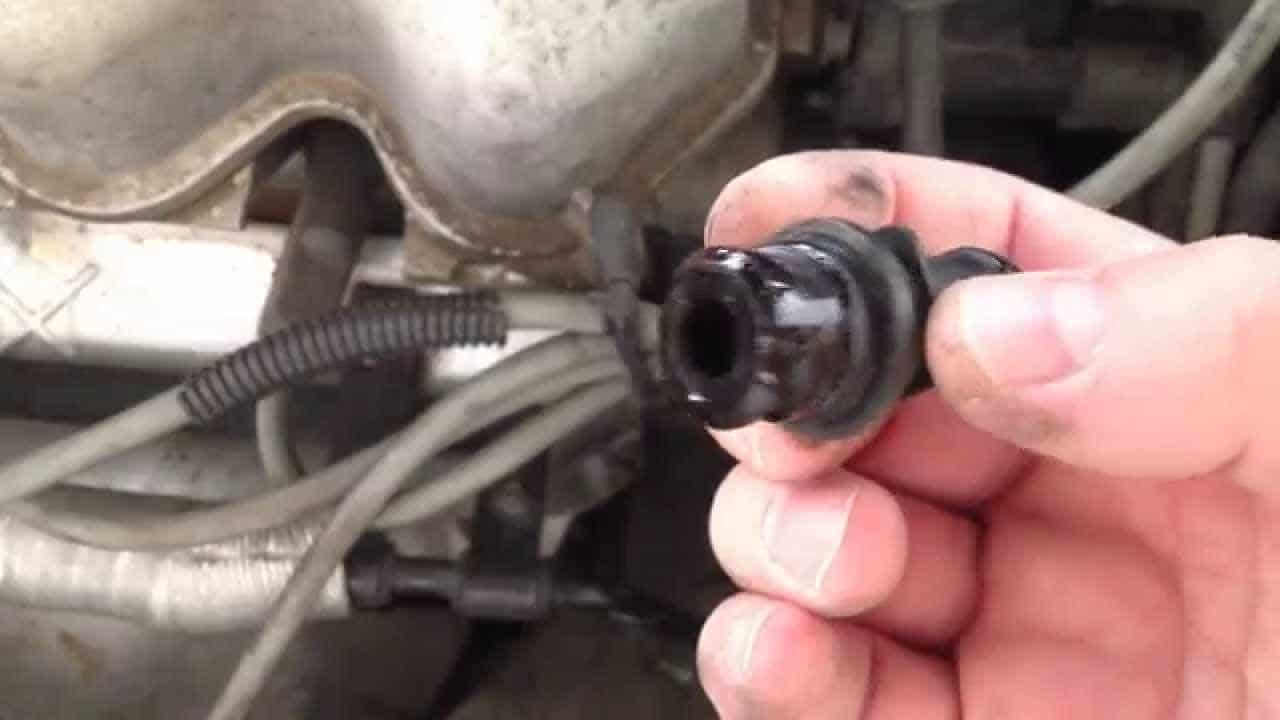Vehicles are composed of a myriad of complex parts and systems. Even worse, all the technical mumbo-jumbo can be a real challenge to keep track of, especially to the average driver. Of course, if you want to ensure that your vehicle is kept in the best state possible, then working to learn all the relevant knowledge really does ensure to pay off. And to assist in your journey to learn as much about the cogs in the works, we’ve prepared this article on the importance of your PCV valve, an integral component within your vehicle’s internal combustion system.
What Is a PCV Valve?
Background Knowledge
A PCV (positive crankcase ventilation) valve works within your vehicle’s PCV system to keep the engine running smoothly. But to fully understand the function of a PCV valve within a PCV system, it’s essential for you to first have some background knowledge on how your engine’s internal combustion system works. You may have heard of the terms piston, crankshaft and blow by gases before, but if you haven’t, we’ll be sure to give you a quick run-down regardless:
The pistons and crankshaft are two of the main components within your vehicle’s engine, along with the cylinder and connecting rod. Pistons are pushed up and down into the cylinders, and are connected to the crankshaft via connecting rods. As the pistons move up and down, the crankshaft rotates. This process is what essentially works to power your engine.
Blow-by, or blow-by gases, are what escape past the piston rings, which seal the pistons within the cylinder. These gases are forced out of the cylinder due to extreme pressure, which then flows towards your engine’s crankcase, a metal case which contains the crankshaft. As these gases build up, it results in extremely high pressure, of which the crankcase is not designed to hold. Luckily, the PVC system exists to send this pressure elsewhere, so that your engine is prevented from damage.
PCV Valve Functioning
The PCV system works to recycle these escaped gases by sending them back to the engine’s intake manifold via the PCV valve. It’s important for these gases to be removed at the same rate which they enter the crankcase. Thankfully, the PCV valve is designed to accommodate for different flow rates. A manifold vacuum operates the PCV valve, and adjusts its speed based on the speed of the engine. For example, when the engine is running at high speeds, the vacuum’s plunger is drawn to a shape which allows for the highest amount of gas to escape by flowing through. Contrarily, low speeds cause the manifold vacuum to adjust to accommodate for lower flow rates.
How Can I Maintain My Engine’s Life?
Check for Symptoms of a Failing PCV Valve
One of the earliest signs of a failing PCV valve is noise, most commonly a hissing sound coming from your engine. However, there are a whole list of symptoms that you could potentially be facing, including those mentioned down below:
- Oil Leaks
- Increased Oil Consumption
- Black Exhaust Smoke
- Engine Misfires
- Rough Acceleration
- Engine Warning Light On
Most of us probably have a bit of a habit of self-diagnosing ourselves after reading up on some WebMD articles. When it comes to the health of our cars however, it’s always best to get the diagnosis done at a professional mechanic’s workshop. If you’ve noticed any of the aforementioned systems with your vehicle, please don’t instinctively assume that it’s due to a failed PCV valve. Instead, bring your vehicle to a trusted auto technician, and allow us to address the situation accordingly.
Stick to Service Schedules
PCV valves require regular cleaning and replacements every so often, to ensure that they’re kept clean and capable of serving their purpose. The best thing you can do ensure your PCV valve’s longevity is to stick to your vehicle’s scheduled maintenance services, as this is when your auto mechanic will conduct a full inspection of your vehicle and conduct all the necessary cleaning and replacement services.
Address Symptoms Promptly
In addition to this, if you notice your vehicle experiencing any of the aforementioned symptoms, then you should ensure to bring it to your local mechanic straight away. For European vehicle owners in Perth, European Prestige Auto Service ensures the highest standards for quality when it comes to automobile servicing, maintenance and repairs, along with customer service. We utilise state-of-the-art technology to diagnose your vehicle in our fully equipped workshop. Moreover, our highly skilled auto technicians are well versed in the maintenance of luxury European car brands, including BMW, Audi, Alfa-Romeo, Mercedes-Benz, and more.
To make a booking with our technicians, call 0402 866 180 or 08 9418 2765 today!






